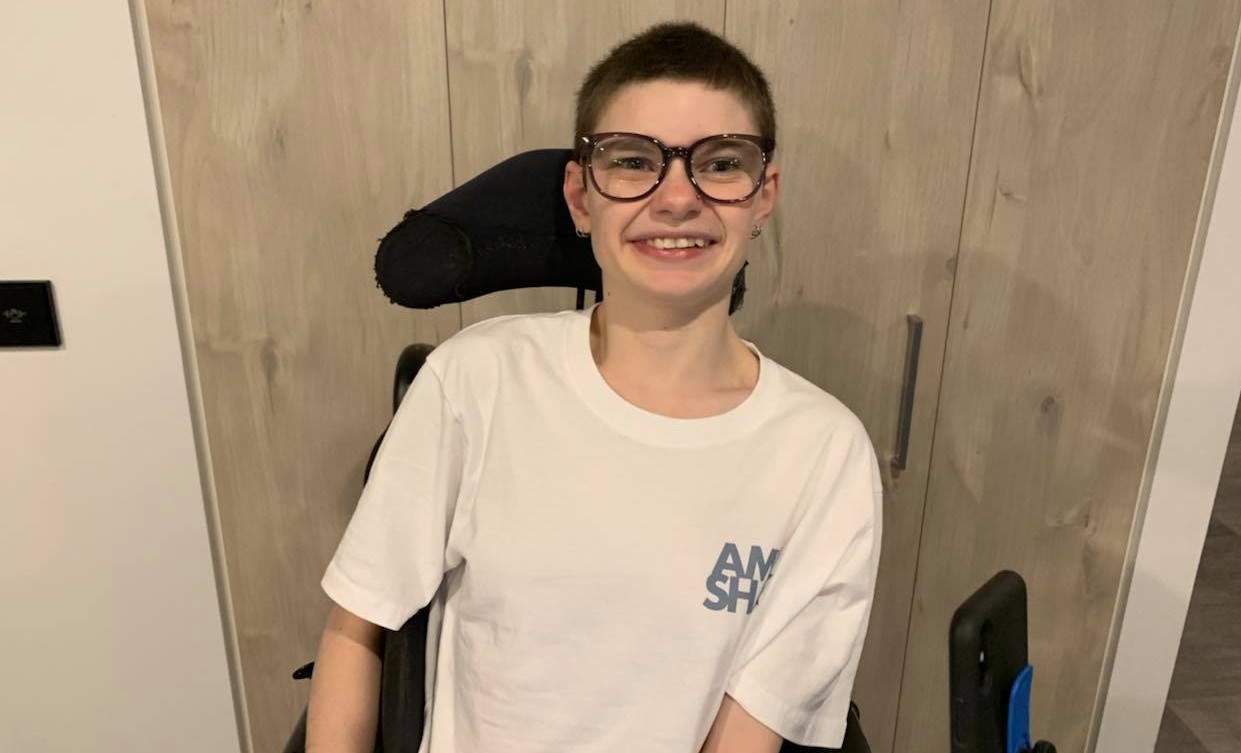Helpful & Unhelpful Communication Partners

This post is written by Siobhan Daley, one of our AAC ambassadors. She explains some helpful and unhelpful ways that people communicate with her, an AAC user.
Hi. My name is Siobhan. I am the New South Wales AAC ambassador here at Liberator and I have been using various forms of AAC my whole life. I currently use Unity 144 on an Accent 1400 for the majority of my communication, however I do use some vocalisations and a modified sign language I like to call “Siobhan Speak”, which is a combination of a modified Makaton and Jolly Phonics which I have adjusted to be one handed.
As AAC users, we come across many different communication partners across many different situations and days. There are some helpful and unhelpful things communication partners can do while communicating with an AAC user. Here is a list of helpful and unhelpful things communication partners can do.
Helpful:
- Wait for us to prepare what we want to say.
- Accept all forms of communication – I can switch between three different modes of communication, sometimes within the same sentence! It is helpful when my communication partner also seamlessly switches between whatever mode I am using.
- Ask one question at a time (don’t worry, even my parents still forget to do this).
- Ask open-ended questions.
- Talk to us like you would anyone else unless we need you to change how you’re speaking. I AM NOT DEAF, AND I CAN UNDERSTAND EVERYTHING YOU SAY.
- Respect communication device privacy. Don’t look at our device unless asked.
- Talk to us directly.
- Treat our conversation like you would a conversation with anyone else, even though it may take longer.
- Provide a relaxed environment – even veteran AAC users sometimes need to be reminded they can take their time!
- Be honest when you don’t understand what we’re trying to say. Let us know when you need more information or ask questions to clarify what we’re saying.
Unhelpful:
- Reading over our shoulder while we’re typing without being asked to. I had a nurse read my communication device the other week after I’d told her not to, and she was rather offended to read the question “do they have to stay?” which was meant for my support worker, not a nurse, who I really didn’t want in my house anymore.
- Trying to predict what we are going to say.
- Asking too many questions at once.
- Asking questions that require a detailed answer while we don’t have our primary form of AAC in front of us. Seriously, people?
- Trying to figure out how to use the person’s device.
- Talking to the person we’re with.
- Talking loudly or “baby talking”. Again, really?
- Commenting how amazing our device is – it’s not that amazing.
- Talking over the top of us.
- Talking for us – unless under specific circumstances. I will let one of my support workers speak for me in certain situations because it’s quicker and easier, but it’s better to let us talk for ourselves in most circumstances.
In some circumstances some of the things that are typically unhelpful are incredibly helpful, and vice versa. However, things people find helpful and unhelpful for their communication partners to do is really personal to each individual, and it’s always best to ask the person themselves what they want you to do.


